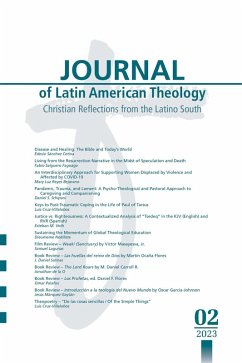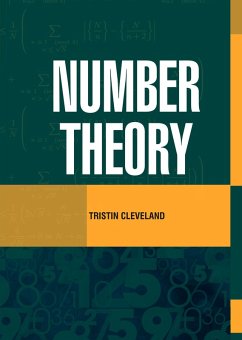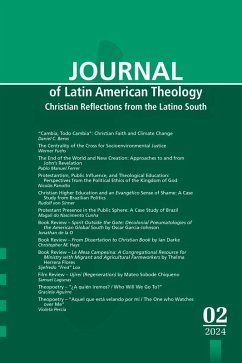
Number 70, Berlin A Story of Britain's Peril (eBook, ePUB)
Versandkostenfrei!
Sofort per Download lieferbar
Statt: 23,99 €**
0,49 €
inkl. MwSt.
**Preis der gedruckten Ausgabe (Broschiertes Buch)
Alle Infos zum eBook verschenkenWeitere Ausgaben:

PAYBACK Punkte
0 °P sammeln!
"Number 70, Berlin" by way of William Le Queux is a suspenseful story that plunges readers into a global of espionage and global intrigue. The novel revolves across the person of Sidney Ingram, a British undercover agent embedded in Germany. Tasked with an essential challenge, Ingram assumes a false identity, taking on house in Number 70, Berlin, a boarding residence, to gather intelligence important to British hobbies. As Ingram navigates the treacherous landscape of German society, he encounters a bunch of characters, every concealing their very own secrets and reasons. His covert operations...
"Number 70, Berlin" by way of William Le Queux is a suspenseful story that plunges readers into a global of espionage and global intrigue. The novel revolves across the person of Sidney Ingram, a British undercover agent embedded in Germany. Tasked with an essential challenge, Ingram assumes a false identity, taking on house in Number 70, Berlin, a boarding residence, to gather intelligence important to British hobbies. As Ingram navigates the treacherous landscape of German society, he encounters a bunch of characters, every concealing their very own secrets and reasons. His covert operations and threatening escapades lead him deeper into the heart of Berlin's clandestine international, wherein accept as true with is a rare commodity, and chance lurks around every nook. Le Queux weaves a thrilling narrative filled with unexpected twists, slim escapes, and the steady risk of exposure. The novel masterfully captures the traumatic environment of pre-World War I espionage, highlighting the intricacies of secret agent-craft and the high stakes worried. "Number 70, Berlin" immerses readers in a gripping tale of espionage, hazard, and the pursuit of intelligence in a foreign land. Le Queux's skillful storytelling creates a surroundings of steady suspense, portray a brilliant photograph of the demanding situations faced through spies operating in a antagonistic and suspicious surroundings.
Dieser Download kann aus rechtlichen Gründen nur mit Rechnungsadresse in A, B, BG, CY, CZ, D, DK, EW, E, FIN, F, GR, HR, H, IRL, I, LT, L, LR, M, NL, PL, P, R, S, SLO, SK ausgeliefert werden.













